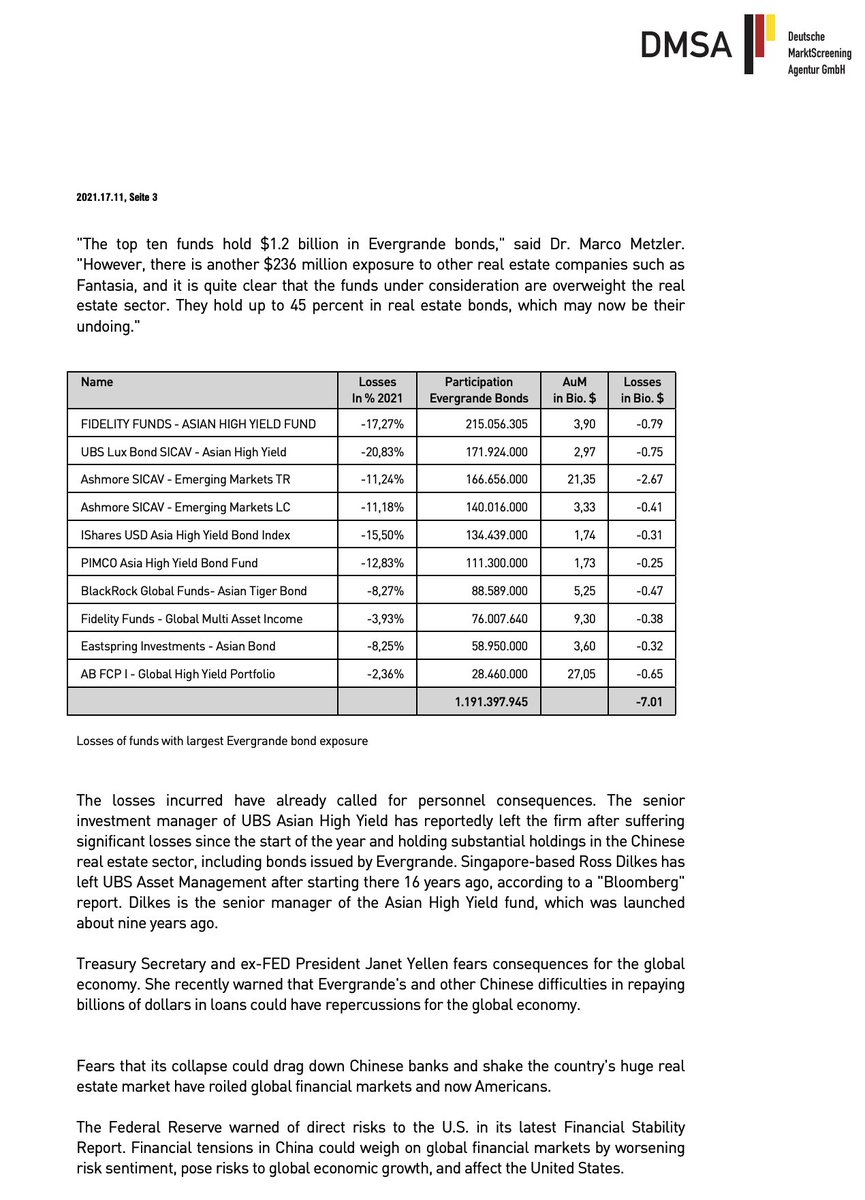
This story had a more interesting path than conclusion.
SBI bought 5% of Shinsei in 2019. They went to Shinsei and said "SBI will buy a big chunk, use Shinsei as the centrepiece for our plans, then Shinsei will slowly buy back all the minority-held shares at a low PBR, then...
SBI bought 5% of Shinsei in 2019. They went to Shinsei and said "SBI will buy a big chunk, use Shinsei as the centrepiece for our plans, then Shinsei will slowly buy back all the minority-held shares at a low PBR, then...
https://twitter.com/japantimes/status/1464056436132958214
we'll squeeze out the rest using Article 235 of the Companies Act, and then we'll buy back the govt held shares at a much higher price."
Shinsei rejected that as unfair to its shareholders.
SBI in 2020 got up to near 8-9% of shares out.
In Feb 2021, Shinsei signed a deal w/
Shinsei rejected that as unfair to its shareholders.
SBI in 2020 got up to near 8-9% of shares out.
In Feb 2021, Shinsei signed a deal w/
Monex Securities (SBI's online broker rival) to take over Shinsei Securities and provide brokerage services to Shinsei bank customers. SBI had proposed similar, and SBI head Kitao-san got POed and bought another 10% of voting rights in 2 months.
At end Mar-2021, SBI held 20.3%, the govt held 23.3%, passive holders held ~24%, dom and foreign active instos owned ~30%, and retail investors held ~2+%.
SBI voted against re-election of directors in June, sending a message. Shinsei asked why. SBI didn't answer.
SBI voted against re-election of directors in June, sending a message. Shinsei asked why. SBI didn't answer.
In Sep 2021 SBI launched a hostile Tender Offer at a 35+% premium to take SBI to 48% of voting rights.
They didn't want to go to 50+% because that requires separate approval (from the approval they got to be over 20% and do the Tender) and SBI hadn't structured themselves
They didn't want to go to 50+% because that requires separate approval (from the approval they got to be over 20% and do the Tender) and SBI hadn't structured themselves
legally yet to enable themselves to have a Holding Co under which was a Bank Holding Co (doing it in the right order saves on significant ongoing regulatory burden for a non-bank controlling a bank in Japan).
Shinsei objected.
Shinsei objected.
Reasons?
1) Price was too low (at 0.46x book).
2) Lack of full takeout means minorities stuck on back end, which means tender is coercive (get some while the getting is good).
3) general hostility
So Shinsei introduced a poison pill which shareholders were to vote on yesterday.
1) Price was too low (at 0.46x book).
2) Lack of full takeout means minorities stuck on back end, which means tender is coercive (get some while the getting is good).
3) general hostility
So Shinsei introduced a poison pill which shareholders were to vote on yesterday.
Two problems:
1) Poison pills in Japan often get significant support when there are a lot of crossholders, and a lot of retail ownership. Here that was about 3%.
2) The govt, owning 20%, was originally supposed to be neutral - which is a no vote in an EGM
3) even if shareholder
1) Poison pills in Japan often get significant support when there are a lot of crossholders, and a lot of retail ownership. Here that was about 3%.
2) The govt, owning 20%, was originally supposed to be neutral - which is a no vote in an EGM
3) even if shareholder
proxy advisors such as Glass Lewis and ISS support the poison pill (which they did), lots of investors don't voting FOR poison pills.
4) In this case, the effect of the poison pill would be to dilute SBI on Day 1, and let them get back to 20% through delayed conversion. It was
4) In this case, the effect of the poison pill would be to dilute SBI on Day 1, and let them get back to 20% through delayed conversion. It was
a delaying tactic - not more.
An activist bought 9%. Not clear who they support.
1 day before the EGM, Shinsei backed down, saying SBI had agreed to "support mgmt policy". Shinsei now neutral on the Tender (price still too low, partial still coercive) but decided to cancel
An activist bought 9%. Not clear who they support.
1 day before the EGM, Shinsei backed down, saying SBI had agreed to "support mgmt policy". Shinsei now neutral on the Tender (price still too low, partial still coercive) but decided to cancel
the poison pill EGM. So now the Tender can go through "cleanly."
IMO Shinsei should still have "opposed" the TOB for its original reasons of too low price and coercive but did not. They had no teeth anyway.
The problem now? Hehehe...
IMO Shinsei should still have "opposed" the TOB for its original reasons of too low price and coercive but did not. They had no teeth anyway.
The problem now? Hehehe...
https://twitter.com/bauhiniacapital/status/1463474435923447814?s=20
• • •
Missing some Tweet in this thread? You can try to
force a refresh








